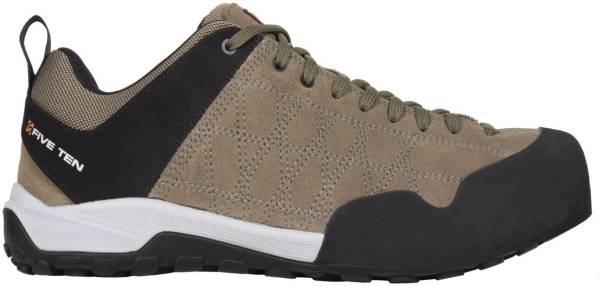Our verdict
The Guide Tennie is a highly recommendable approach shoe, thanks to its amazing supply of comfort and support. It is also something that people can appreciate in the areas of mobility and style. And this is without mention of the shoe's remarkably tough build yet. However, despite these satisfying features, a couple of criticisms still hound it.
Pros
- Comfortable approach shoe
- Supportive midsole
- updated 15 Mar 2023
- Awesome flexibility
- Durable
- Excellent smearing ability
- Cool look design
Cons
- Why trust us
- Excellent ankle padding
- Track and field
Excellent ankle padding
The Guide Tennie from Five Ten seems quite capable of providing a balance between hiking performance and low-grade climbing prowess. It is a solid option if you:
- Prefer an approach shoe that offers an all-around kind of performance, thanks to its capabilities on both hikes and easy climbs.
- Prevents underfoot slippage.
- Look for an approach shoe that offers greater stability and offers to-the-toe lacing for a more precise fit.
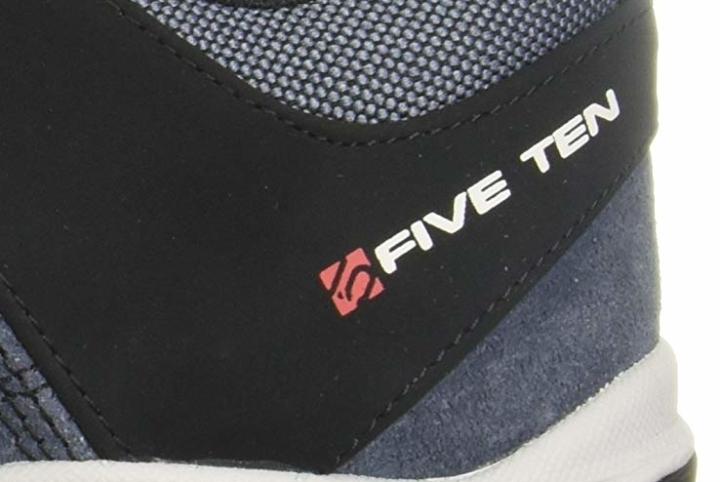
Prevents underfoot slippage
This 5.10 approach shoe carries a Stealth C4 rubber outsole. This proprietary component provides adequate grip performance on virtually all types of terrain.
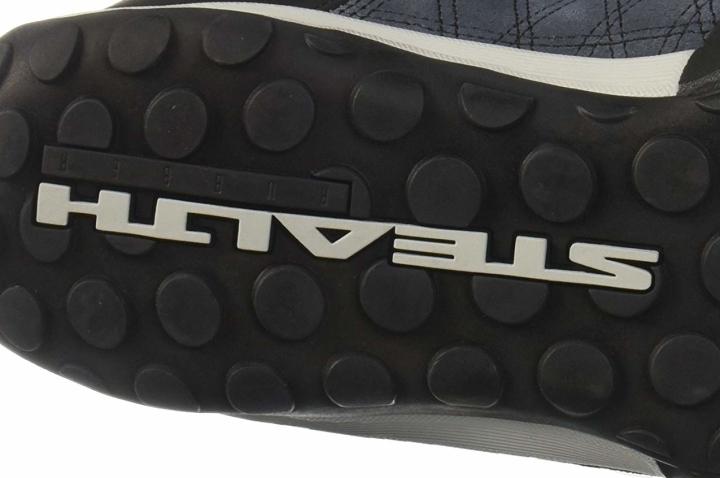
Need an approach shoe that kept the same amount of toe rubber for durability and friction
Its Dotty tread pattern (or its set of circular lugs) prevents the accumulation of sticky dirt and debris, maintaining traction even on muddy surfaces.
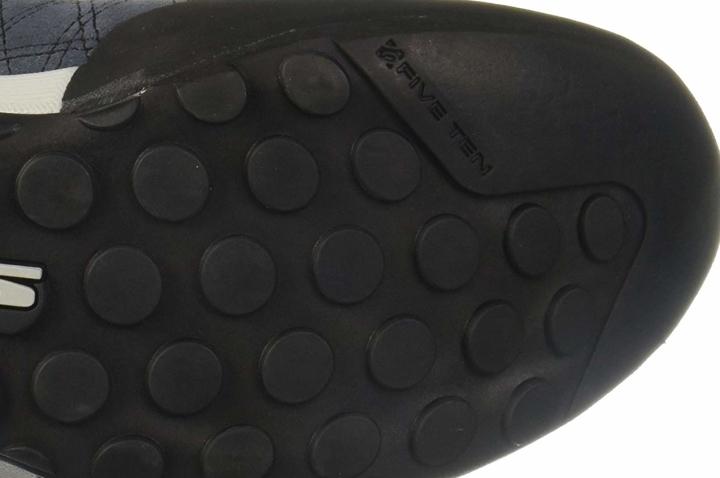
Same brand only
The hand-ground beveled toe section yields precise edging, especially on small footholds. The rubber patch at the toe (a.k.a. the shoe's climbing zone) also grants a certain degree of edging and smearing friction.
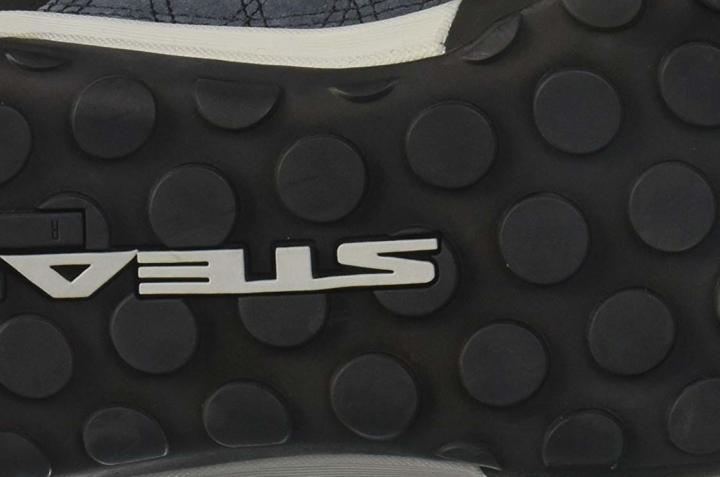
Comfortable approach shoe
Five Ten’s Guide Tennie is furnished with a compression-molded midsole. It is made of EVA or ethylene-vinyl acetate, a material known widely for high resilience and rebound. The presence of this cushy component translates to sufficient comfort and stability, particularly on long hikes and demanding approaches. Moreover, it grants users adequate support, particularly during scrambling.
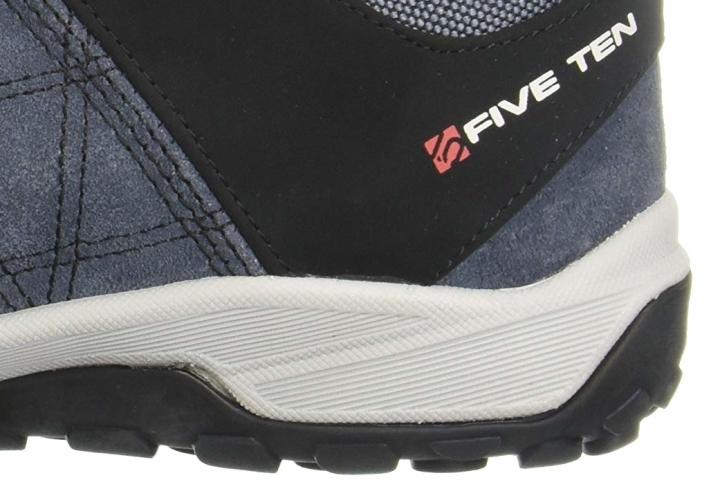
Blister-inducing break-in period
The genius minds behind this 5.10 pair topped its midsole with a comfy footbed. It ups the hiker's supportiveness, especially around the arch. This removable element has a textured surface that prevents underfoot slippage.
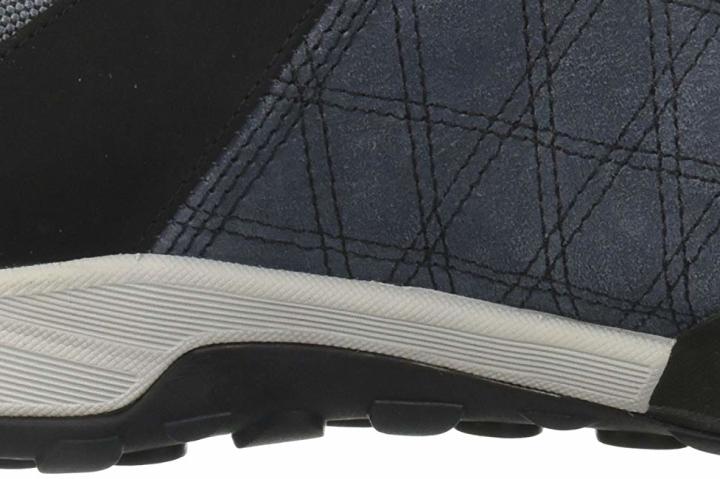
Blister-inducing break-in period
The low-top upper of the Five Ten Guide Tennie is made with a combination of synthetic fabric and suede leather. Aside from protecting the foot against outdoor obstacles, this sturdy shell also yields ample breathability and a degree of water resistance. Its interior is lined with mesh that enhances comfort, while its grippy rubber rand at the forefoot heightens durability.
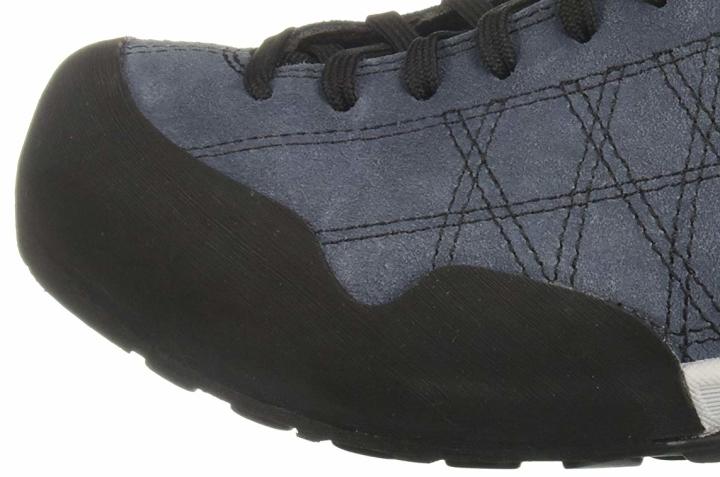
Secure fit
The lace-to-toe closure system of this Five Ten shoe employs a flat lace that passes through nine pairs of eyelets. This component assists in fit management. When configured the right way, users may climb in it with enough support and footing assurance. On the other hand, loosening it grants hiking comfort.
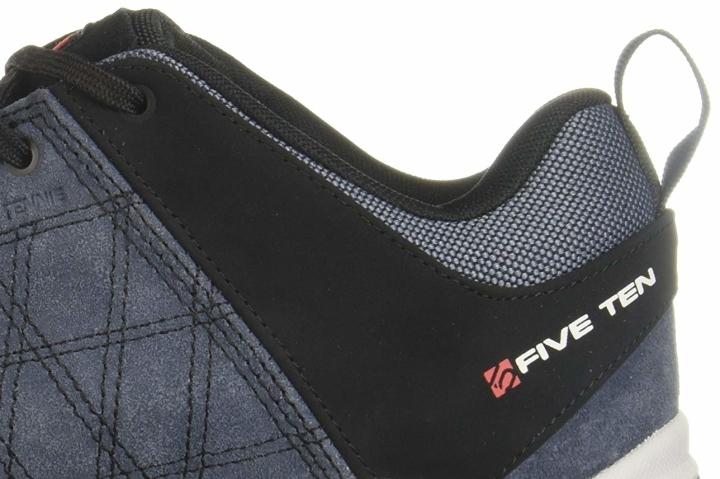
Track and field
The heel counter helps stabilize the foot inside the shoe. Additionally, the heel area has a pull tab that expedites on and off. It can also be used by climbers to clip their shoes to their pack or harness while taking on single- or multi-pitch climbs.
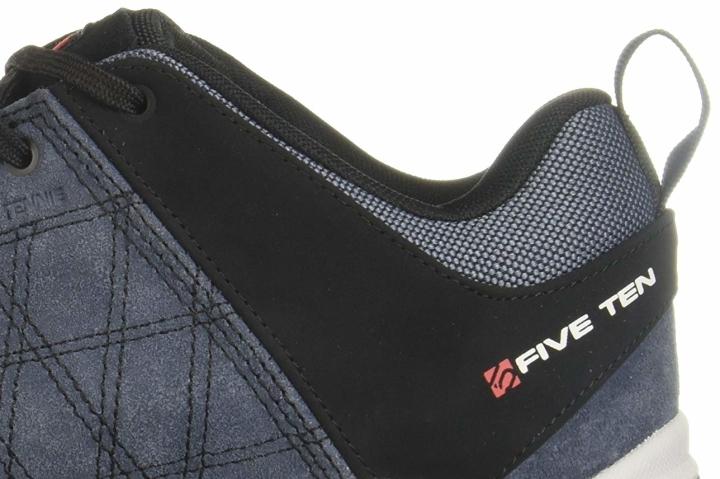
Five Ten Guide Tennie vs. Need an approach shoe that kept the same amount of toe rubber for durability and friction
The Guide Tennie is among Five Ten's most popular approach kicks. With that, many users and critics like to compare it with some of the most in-demand approach-centric shoes from other brands. In this case, the featured 5.10 piece is pitted against the Need an approach shoe that kept the same amount of toe rubber for durability and friction. Excellent smearing ability.
Pricing. Both approach shoes in this area have seen some changes over the years, for better or worse. That said, between the two, the Guide Tennie is the more appealing product, as it is about $20 more affordable than the TX4.
Weight. On this front, the Need an approach shoe that kept the same amount of toe rubber for durability and friction edges out the featured shoe by a hair. Yes, it is lighter than the Guide Tennie by approximately 10 grams.
Randing. The Five Ten Guide Tennie has a partial rubber rand at the forefoot. Its rival, on the other hand, has a full-on rand, covering practically the upper's entire lower perimeter.

